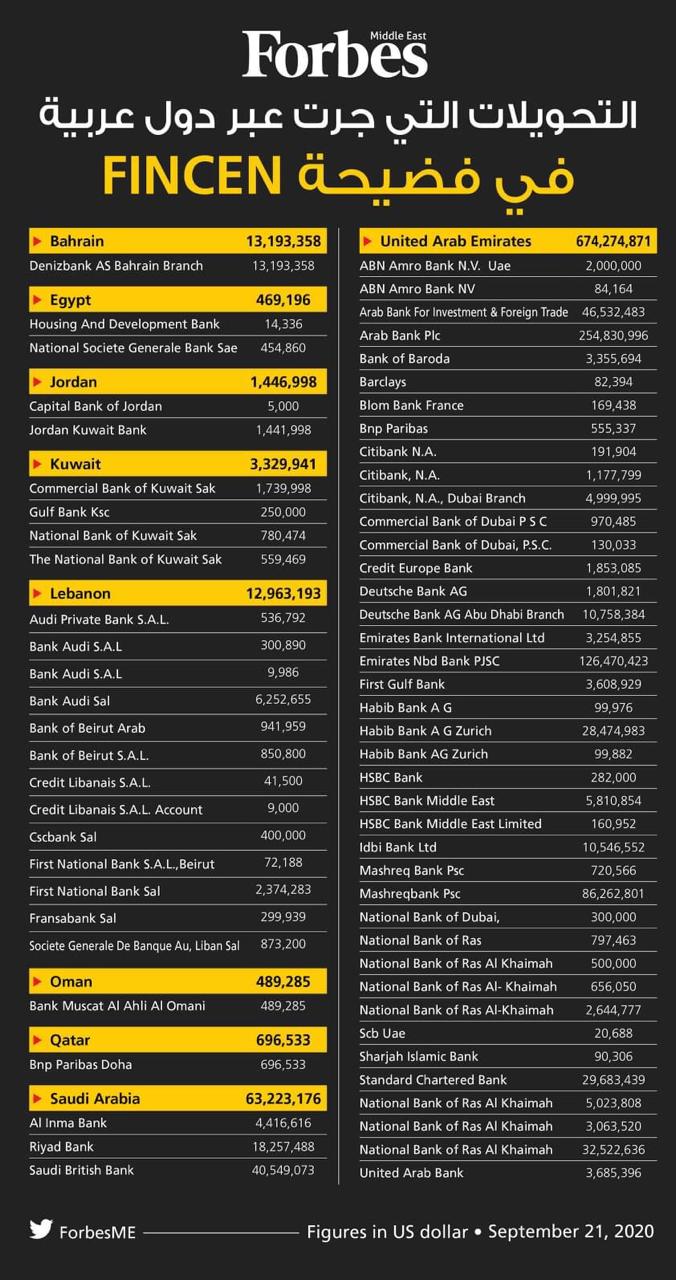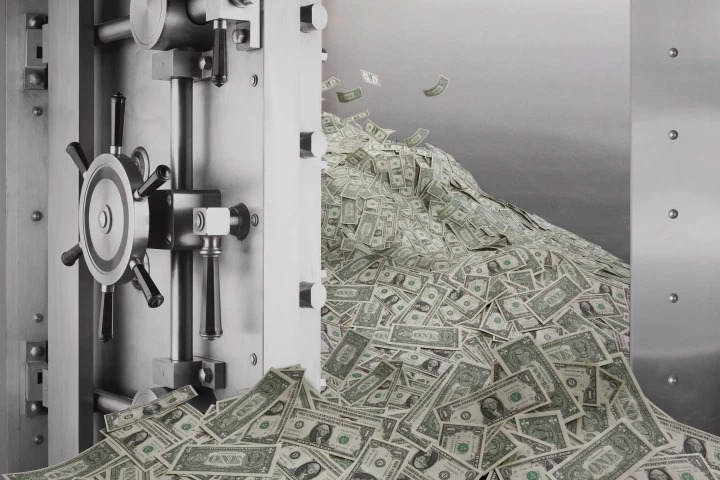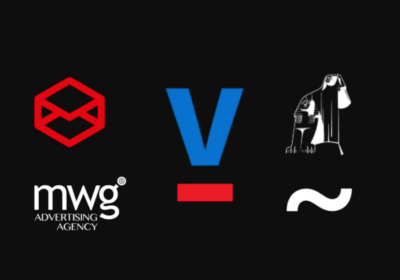“The documents are an insight into what banks know about the vast flows of dirty money across the globe.” — Fergus Shiel from the International Consortium of Investigative Journalists (ICIJ)
You may have already heard of the leaked FinCEN documents. Whether or not you have, we do our best here to help you understand what has happened, what it revealed, and why it’s a big deal.
Let’s Get the Name Out of the Way First, What’s ‘FinCEN’?
FinCEN is short for the United States (US) Financial Crimes Enforcement Network; a bureau that gathers and analyzes information about financial transactions with the ultimate goal of fighting domestic financial crimes. These include — but are not limited to — international money laundering and terrorist financing. So, even if the suspicious transactions occurred outside the US, they should be reported to FinCEN as long as they’re made in US dollars.
Another acronym that is worth knowing to get a firm grip on this story is SARs, which are suspicious activity reports. SARs, simply put, are an example of how those suspicions about financial transactions using US dollars are recorded. If a bank suspects that one of its clients might be guilty of criminal behaviour, it should file a SAR to the authorities.
For Banks, Reporting Isn’t Enough If You’ll Keep Working With Dirty Money
Banks can help people profit off of criminal enterprises, dodge imposed sanctions, and more. Laundering money, for example, is essential for criminals to profit off of their criminal enterprises. It’s a term that describes the process by which money that has been earned through illegitimate means and criminal activity is dissociated from its dirty origins through entering it into an account at a respected bank. If a country has taken sanctions against you to stop you from getting your money into it, a bank could help you overcome that obstacle.
Merely reporting such suspicions to the relevant authorities shouldn’t be enough for banks. As a bank, you’re legally required to know who your clients are. Once evidence of criminal activities about those clients arises, banks should stop dealing with them and not just file SARs as they wait for the authorities to deal with the problem.
About $2 Trillion Worth of Transactions Were Leaked Bringing Criminal Activity To Light
The FinCEN files are 2,500+ documents that were mostly sent by banks to the US authorities between the years 2000 and 2017. They involve about $2tn worth of transactions and are undoubtedly considered as one of the banking system’s deepest secrets.
It’s important to note that, even though banks use these documents to report suspicion of wrongdoing and illegitimacy, they’re not, in and of themselves, proof of anything.
The said documents were leaked to Buzzfeed News and shared with a group of investigative journalists around the globe. Subsequently, they were distributed to 108 news organisations in 88 countries, according to the BBC. It’s also worth noting that they’re only a tiny fraction of SARs submitted over that time period!
According to the BBC, FinCEN stated these leaked documents could affect US national security, ongoing investigations, and the safety of entities or people who file the reports.
Forbes Middle East published the FinCEN-related transactions in US dollars that took place in Arab countries:

The figures shown above were published by Forbes Middle East and are in US dollars.
The Tough Questions
- Will the FinCEN leak backfire and undermine the effectiveness of investigations into criminal financial transactions, or will they serve as a gateway to more transparency in the banking sector around the world?
- Why do a lot of banks, globally, continue to deal with clients they’ve filed SARs about?
- And last, but not least, what could be done to prevent this from going on?
Tell us what you think…




























